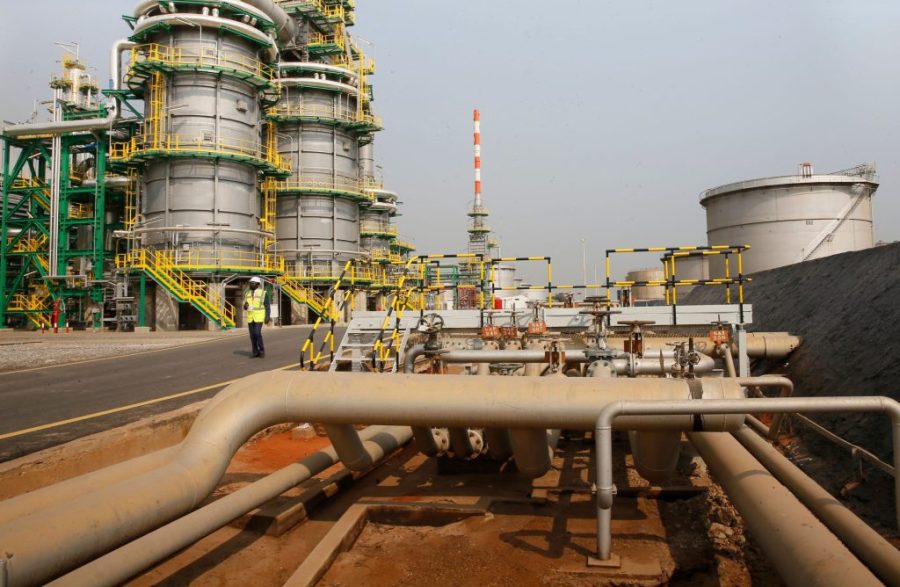Angola announced its exit last week from the Saudi-led Organization of the Petroleum Exporting Countries (OPEC) over a dispute on quotas, reports Reuters.
Angola protested a decision last month by OPEC to further slash quotas for 2024, restricting the amount of oil that member nations can sell. News of Angola’s departure dropped Brent prices by over US$1 to US$78.5 a barrel.
“We feel that, at this moment, Angola gains nothing by remaining in the organisation,” said Diamantino Azevedo, minister of mineral resources and petroleum. The Southern African nation left in defence of its interests, he said, aiming to avoid economic decline and respect relevant contracts.
[See more: Brazil is set to join OPEC+ next year]
Several countries have left OPEC since its founding in 1960, including Ecuador, Indonesia, Gabon and Qatar. Leaving is not always permanent. Ecuador rejoined the group in 2007, the same year Angola joined, before exiting again in 2020, while Gabon, which quit in 1995, rejoined in 2016 and remains part of the now 12-member oil cartel.
Angola and Nigeria, the two biggest oil exporters in Sub-Saharan Africa, have both been unhappy with the production quotas imposed by OPEC coming at a time when they need to increase their foreign currency earnings. Nigeria did receive a higher OPEC+ quota for 2024, though still below its preferred figure as the country works hard to boost its production.
The stricter quotas, while unpopular, aim to address the real issue of volatile global oil prices. Russia’s invasion of Ukraine in February 2022 sent oil prices soaring to more than US$120 a barrel by June. By May of this year, prices had fallen back to just over US$70 a barrel, rising steadily since in response to restricted output, as well as recent attacks on cargo vessels in the Red Sea.






